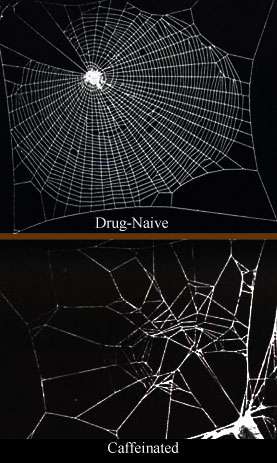Drug-naïve
Drug naïvety is the physiological state of non-habituation or non-tolerance to either a specific drug or broader set of drugs related by pharmacological criteria.[1] The term applies to the administration of psychotropics in contexts ranging from the professional medical treatment of patients to the non-medical abuse of any drug, as well as the veterinarian.

In addition to not being habituated, a drug-naïve person may have never received a particular drug. The same dose could be lethal for a drug-naive person while having little effect on a heavily habituated person. In a medical context drug-naïvete is important considering medication dosage (pain medication, anxiety medication, anaesthesia, etc.), as the level of habituation affects a patient's baseline resistance to the effects of such medications.
Notes and references
- Cohen, Calvin J. (2005). "ART Advances for Drug-Naive Patients: An Expert Interview With Calvin J. Cohen, MD". Medscape (Interview). Retrieved 2017-10-12.
See also
- Scientific control